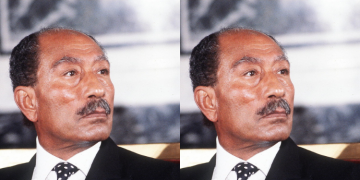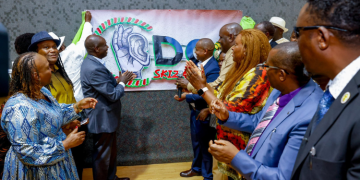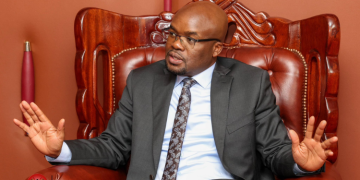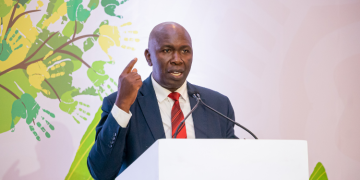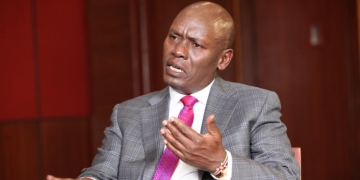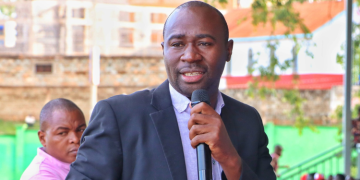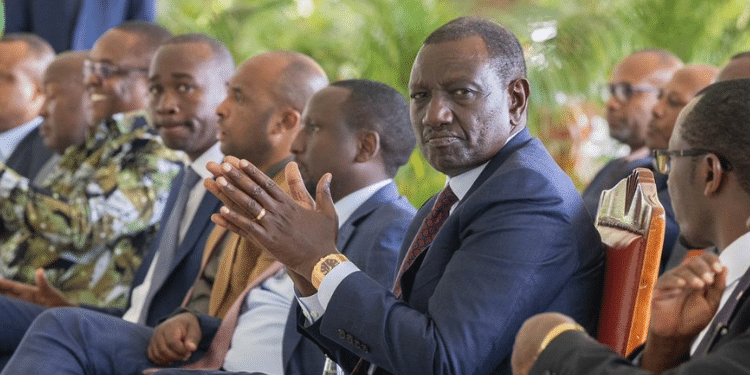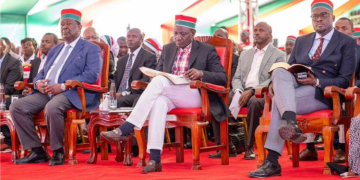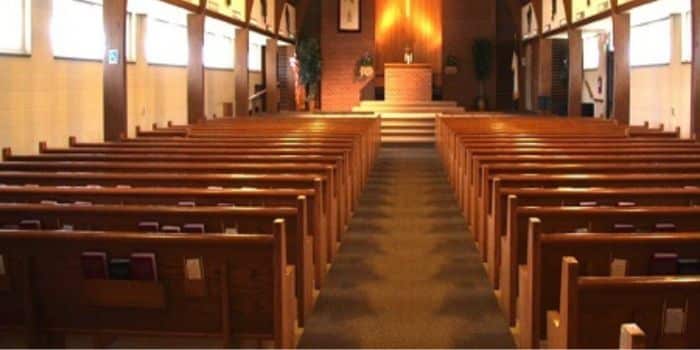As Christians worldwide commemorate the death and resurrection of Jesus Christ during Easter, there exists believers who do not observe these celebrations.
Among them are members of certain Protestant denominations such as the Jehovah’s Witnesses and the Seventh-day Adventist Church (SDA).
While the majority of Christians observe Easter as a significant religious holiday, these groups hold dissenting beliefs and practices regarding its significance.
Easter Celebration Reservations
Mary Anangwe, a Sabbath day deaconess from the Mentorship SDA Church in Kisii County points out that emphasis lies not in the observance of specific dates but rather in the daily acknowledgment of Jesus’ redemptive work.
“Sisi kama SDA tunaamini Mungu aliye hai, na huyu Mungu ndiye aliyetuletea mwana wake wa pekee ambaye alikufa kwa ajili ya dhambi zetu, kwa hivyo tunasherekea kila siku ukombozi wake” says Mary.
(As SDA followers, we believe in the most high God, who gave his only son and died for the sake of our sins to be forgiven and that’s why we celebrate everyday his salvation)
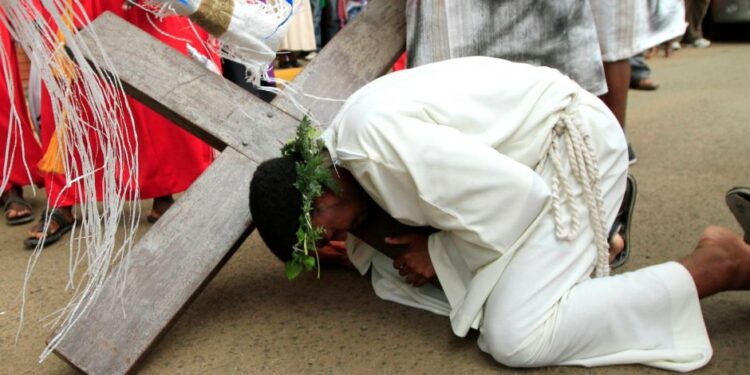
She further explains their Sabbath observance, rooted in the belief that Jesus rested in the tomb on Saturday, leading to the commencement of their week on Sunday, the day of His resurrection.
“Sisi kama wana SDA huchukua friday siku ambayo yesu alikufa kama preparation day, kisha Saturday ndiyo sabato yetu kwa sababu ndio siku yesu alipumzika kaburini, nayo wiki yetu huanza Jumapili kwa sababu ndio siku alifufuka” she adds.
(As SDA followers, we observe Friday as a holy day for preparation of Christ’s death, then Suturday becomes our sabbath day since it’s the day Jesus Christ rested and was buried, and our week starts from Sunday since it’s the day Jesus resurrected)
Similarly, members of the Jehovah Witness, express reservations about Easter celebrations.
Also Read: Easter or Christmas, which is More Important? – Pastor Explains
Why We Don’t Celebrate -Jehova Witness
They argue that Easter, not being rooted in biblical commandment, conflicts with their interpretation of the scripture.
Instead, they focus on commemorating Jesus’ death annually on the anniversary of his crucifixion, following the lunar calendar as mentioned in Luke 22:19, 20.
“The Easter holiday celebration is not based on the Bible and Jesus commanded that we commemorate his death, not his resurrection,”
“We observe this Memorial each year on the anniversary of his death according to the Bible’s lunar calendar in Luke 22:19, 20. We believe that the origins of Easter customs, which come from ancient fertility rites, make Easter unacceptable to God,” reads a statement from Jehova Witness website.
Further, the website states that, “God requires that we give him ‘exclusive devotion’ and he is offended by worship that includes practices that he does not approve of as Exodus 20:5; and 1 Kings 18:21 records.”
Lilian, a member of the Free Pentecost Fellowship of Kenya in Nairobi, acknowledged the cultural aspects of Easter but indicated that her church does not observe certain traditions associated with it, such as the stations of the cross commonly practiced in Catholicism.
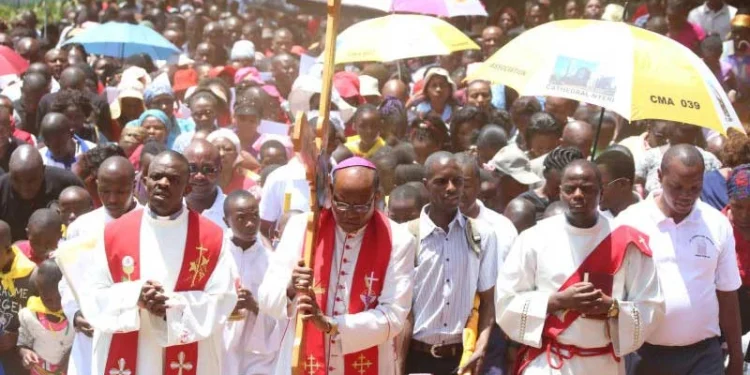
Beyond these Christian denominations, voices from diverse backgrounds also weigh in on Easter.
Some express skepticism or disapproval of the holiday, questioning its significance or associating it with religious coercion.
Understanding and Respecting the Holiday’s Differences
Historically, Easter has faced opposition not only from within Christianity but also from other faiths and secular movements.
Groups like Quakers, Messianic Jews, and Jehovah’s Witnesses have long abstained from Easter celebrations due to theological differences.
Also Read: Pope Francis Makes Appeal in Easter Message
Additionally, arguments against Easter have evolved over time, with some Protestant factions viewing its observance as akin to idolatry and therefore incompatible with true worship.
While some embrace Easter as a central aspect of their faith, others choose to abstain, citing scriptural interpretation, historical context, and personal convictions.
Therefore, understanding and respecting these differences contribute to a richer dialogue about faith and tradition in our pluralistic society.

The Writer, Brian Magiri, is a journalism and mass communication student at Mount Kenya University.



